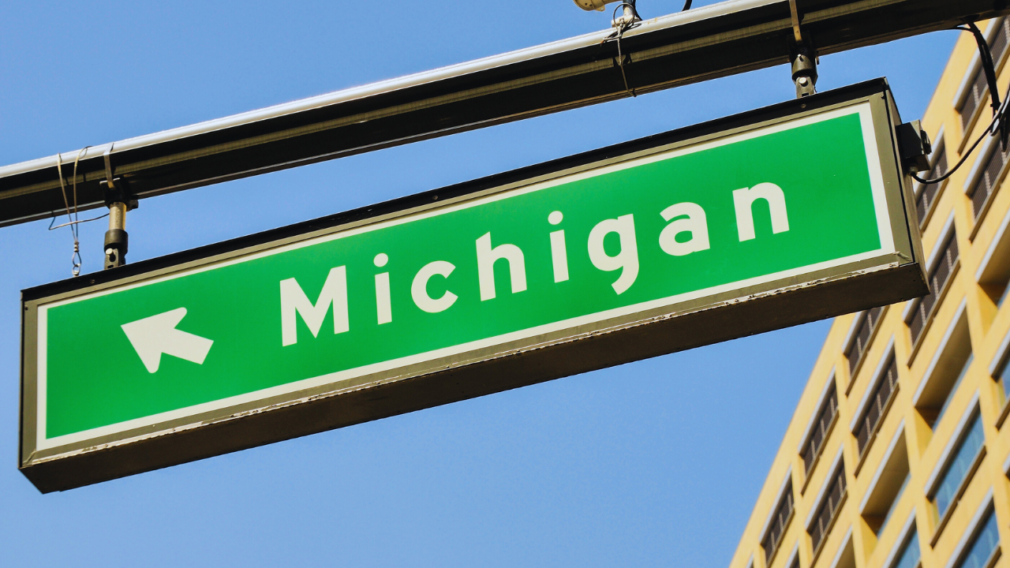Michigan Maintains Low Gambling Tax Rates as Proposed Increases Expire
Michigan’s gambling industry will retain its current tax structure after two proposed Senate bills, SB 1193 and SB 1194, failed to advance before the end of the 2024 legislative session.

The bills, introduced by Senators Sam Singh and Jeremy Moss, aimed to slightly increase taxes on sports betting and online casino gaming. However, the lack of sufficient support means operators in the state will continue to enjoy one of the nation’s most operator-friendly tax environments.
Proposed Tax Changes
The bills sought modest adjustments to Michigan’s gambling tax rates:
- Sports betting tax: A small increase from 8.4% to 8.5%.
- Online casino tax: A more significant one-point increase across all revenue categories, raising the highest tier from 28% to 29% for operators earning over $12 million annually.
Additionally, the proposed bills included changes to the allocation of tax revenue. For example, the Internet Gaming Fund share would have been reduced from 65% to 63.5%, with slight increases directed to funds supporting Detroit public services and agricultural and equine development.
Despite these relatively small adjustments, operators like FanDuel, DraftKings, and BetMGM actively lobbied against the bills, arguing that even minor changes could hurt their promotional offerings and market competitiveness.
Operator Response
The opposition from major operators was swift and strategic:
- User Outreach: Companies like FanDuel, DraftKings, and BetMGM sent emails to Michigan users, encouraging them to voice their opposition to lawmakers. They emphasized that higher taxes could mean fewer promotional offers, smaller bonuses, and less competitive odds.
- Employment Concerns: Operators also highlighted the potential negative impact on job creation, arguing that increased taxes could slow industry growth.
- Lobbying Efforts: As members of the Sports Betting Alliance (SBA), operators provided online tools to help users send pre-drafted opposition messages to their local legislators.
This concerted effort mirrors similar campaigns in states like Illinois, where operators also opposed tax hikes earlier in 2024. While their efforts in Illinois were unsuccessful, Michigan’s legislative inaction represents a win for the industry.
Michigan’s Tax-Friendly Market
Michigan remains a tax-friendly state for gambling operators. Current laws allow operators to deduct promotional expenses from taxable revenue, effectively reducing the tax rate for sports betting to approximately 5.0%.
Similar deductions apply to online casino gaming, making Michigan an attractive market for operators to invest and compete.
Although SB 1193 and SB 1194 have expired, their proposals may not be gone for good. Supporters could reintroduce similar measures in future legislative sessions, especially as states increasingly turn to gambling revenues to fund public services.
For now, Michigan operators and bettors can continue to enjoy a stable tax environment, but the debate over how to balance industry growth with state revenue needs is far from over.
Recommended
